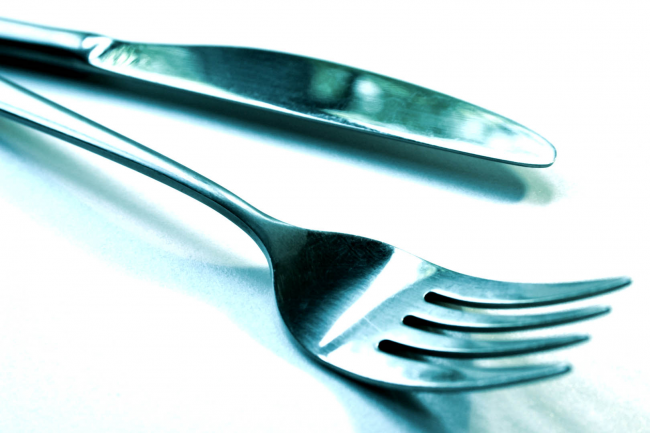Ottawa Granite Blog & News
A Testament to the Hardness and Strength of Ottawa Granite Countertops
According to the Natural Stone Council, granite exists as deep as 31 miles into the Earth. As an igneous rock, it becomes molten magma when exposed to a cooler milieu (anywhere above Earth’s cauldron). The process is very slow; the granite formations located at Yosemite took around 100 million years to form.
Granite, like any high quality product— cannot be rushed. It can take millions of years for granite to form within the earth. Its hardness comes from being exposed to intense heat and pressure . The toughest swords in history were made by exposing steel to high heat before being cooled with a dip in the water. Ottawa granite countertops are made in a similar way.

Hardness
Granite is rated between 6 and 7 on the Moh’s Hardness Scale; it is harder than orthoclase, but not as hard as quartz. This makes sense because most granite contains quartz. An ordinary kitchen knife will not scratch it, but a piece of pure quartz rock can. In some cases, scratch tests are carried out using brass styli with a specific alloy tip signifying scratch intensity.
Ottawa granite countertops like those at TNT Tile & Marble have their advantage in the kitchen. The countertops won’t scratch with daily use. At this level of hardness, there are only a few materials that can scratch it, namely diamonds.

Compressive Strength
Granite is no stranger to compressive strength; pressure comprises half of its life cycle. It can resist up to 250 MPa (about 36,260 psi) of compression before it fails. In comparison, concrete used in construction can only resist half of what granite can. Formation of granite starts at the subduction zones in the upper part of the mantle where pressure has been recorded at a staggering 2.5 GPa (about 362,600 psi; more than ten times what granite can resist). As molten rock rises to the surface, the pressure drops.
Overall, granite is the best option for countertops when it comes to hardness and strength. It had to endure intense heat and pressure for millions of years before appearing in your kitchen. It’s a testament to how the Earth has been making tough rocks before history itself.
Leave a Reply
